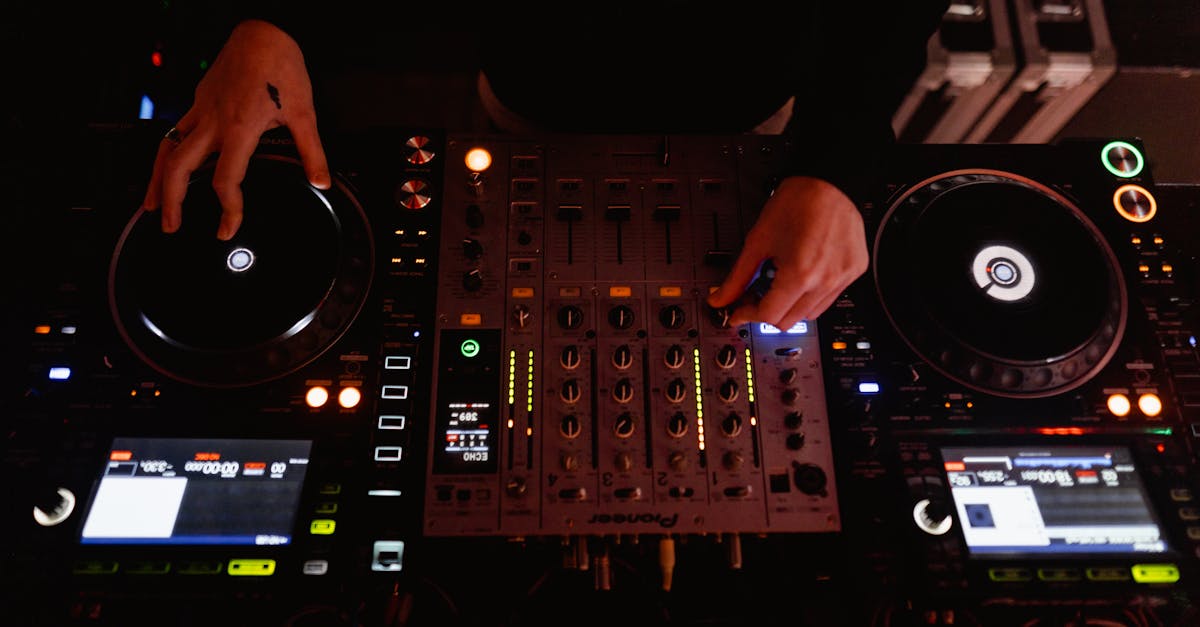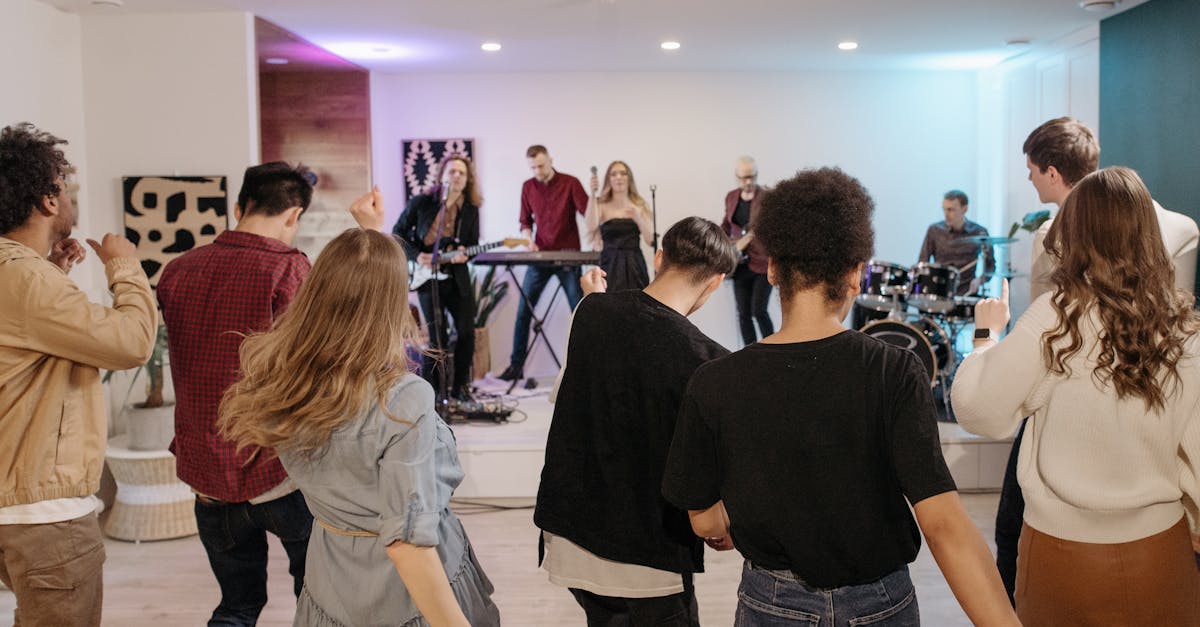World Beat Vibrations Uniting Cultures
Introduction to World Beat Music
World Beat music is an energetic and diverse genre that bridges cultural divides through its eclectic mix of sounds. With rhythms drawn from various continents, this hybrid style tells tales of unity among diversity. Pioneered in the 1980s, World Beat fuses traditional music with contemporary elements, creating something truly universal. Enthusiasts appreciate its rich tapestry, weaving elements from African percussion, Latin melodies, and Middle Eastern harmonies. This genre not only encapsulates music but also stories, traditions, and histories from around the world. It's a festival of global cultures and individual creativity.
Advertisement
Origins and Evolution
World Beat music traces its beginnings to a time of globalization and cross-cultural exchanges. Artists in the 1980s, driven by the urge to explore diverse musical perspectives, began blending Western pop with non-Western instrumentation. The genre quickly became popular in both Western nations and countries with rich musical heritages, thriving on amalgamation. World Beat was marked in its early days by international collaborations such as the iconic album "Graceland" by Paul Simon. The evolution of this genre reflects the ways in which music itself evolves, as traditional and contemporary forces interact harmoniously.
Advertisement
Cultural Fusions and Instruments
One of the standout features of World Beat music is its incredible diversity in instrumentation. From West African djembes and Indian sitars to Australian didgeridoos, the array of sounds is boundless. These instruments infuse traditional sensibilities into modern compositions. Each piece becomes a melting pot with layers of influence, mirroring the cultural exchanges taking place globally. For musicians and ethnomusicologists alike, this is a dynamic tapestry. It's a space where cultures acknowledge their differences while celebrating their shared human experiences on the world stage.
Advertisement
Iconic World Beat Artists
World Beat has been shaped by a host of influential artists whose music transcends borders. Musicians like Youssou N'Dour from Senegal and Brazil's Gilberto Gil have been pivotal in promoting World Beat. Their music resonates with audiences far beyond their borders, introducing cultures to new audiences. Peter Gabriel's work with WOMAD (World of Music, Arts, and Dance) festivals and Angelique Kidjo's fusion of Beninese roots with a variety of international influences exemplify the genre's appeal. These artists have collectively fostered a global community centered around shared experiences in music.
Advertisement
Impact on Global Culture
World Beat music is not just a genre but a movement strengthening global ties. It acts as a counter-narrative to cultural hegemony, offering instead a rich tapestry of unique stories and rhythms. As such, it bridges gaps, fostering dialogue and promoting peace. In educational settings, the inclusion of World Beat in music programs helps students appreciate the richness of global traditions. By reaching a broader audience and encouraging cultural exchange, the genre has carved out a role as a catalyst for multicultural understanding and appreciation.
Advertisement
World Beat in Film and Media
The influence of World Beat music extends into film and broader media landscapes. Its rich and varied sounds are frequently used to score documentaries and films with a global or cultural focus. From enhancing storytelling to reaching emotional depths, the genre invites viewers to explore worlds beyond their own. Soundtracks featuring World Beat elements are prevalent in media aimed at multicultural audiences, adding layers of authenticity and intrigue. Whether in film, video games, or advertisements, these rhythms have made their mark, enhancing narratives with a worldly flair.
Advertisement
Challenges and Critique
While World Beat music attracts vast acclaim for its cultural encapsulation, it also faces criticisms. Some argue that it dilutes traditional music, westernizing indigenous sounds for mainstream success. Concerns regarding cultural appropriation have been voiced, questioning who benefits from the globalization of such music. Balancing authenticity with innovation becomes a critical task for artists within the genre. By focusing on respectful collaborations and maintaining open dialogues with cultural stewards, World Beat can continue to flourish ethically.
Advertisement
The Role of Technology
Modern technology has significantly impacted the spread and evolution of World Beat music. Digital platforms enable artists to share their work globally, reaching fans who appreciate cultural diversity. Online collaborations and digital recordings empower musicians from remote or marginalized communities to showcase their heritage. Platforms like Bandcamp or SoundCloud allow World Beat artists to retain creative control while supporting a global fan base. The marriage of technology and tradition showcases the resilience and adaptability of the genre, with musicians finding new ways to engage audiences.
Advertisement
Festivals Celebrating World Beat
World Beat music has a prominent place in global festivals celebrating cultural diversity. Events such as the WOMAD festival and the Fête de la Musique in France are renowned for their World Beat line-ups, serving as meeting grounds for artists and fans alike. At these festivals, attendees are immersed in a sensory experience unparalleled in its diversity. Workshops, performances, and collaborations highlight the genre's ability to unite people across languages and geographies. These festivals foster a cultural exchange that persists long after the final note is played.
Advertisement
Summary and Conclusion
World Beat music stands as a testament to the power of cross-cultural collaboration, uniting traditions and modern influences. Its ability to connect and inspire listeners worldwide bears testament to the universal language of music. As it evolves, World Beat faces challenges that require careful navigation, ensuring respectful and meaningful exchanges. However, its vibrant and diverse nature positions it as a significant cultural force. Ultimately, World Beat music continues to sow seeds of global unity and mutual appreciation in an increasingly interconnected world.
Advertisement







